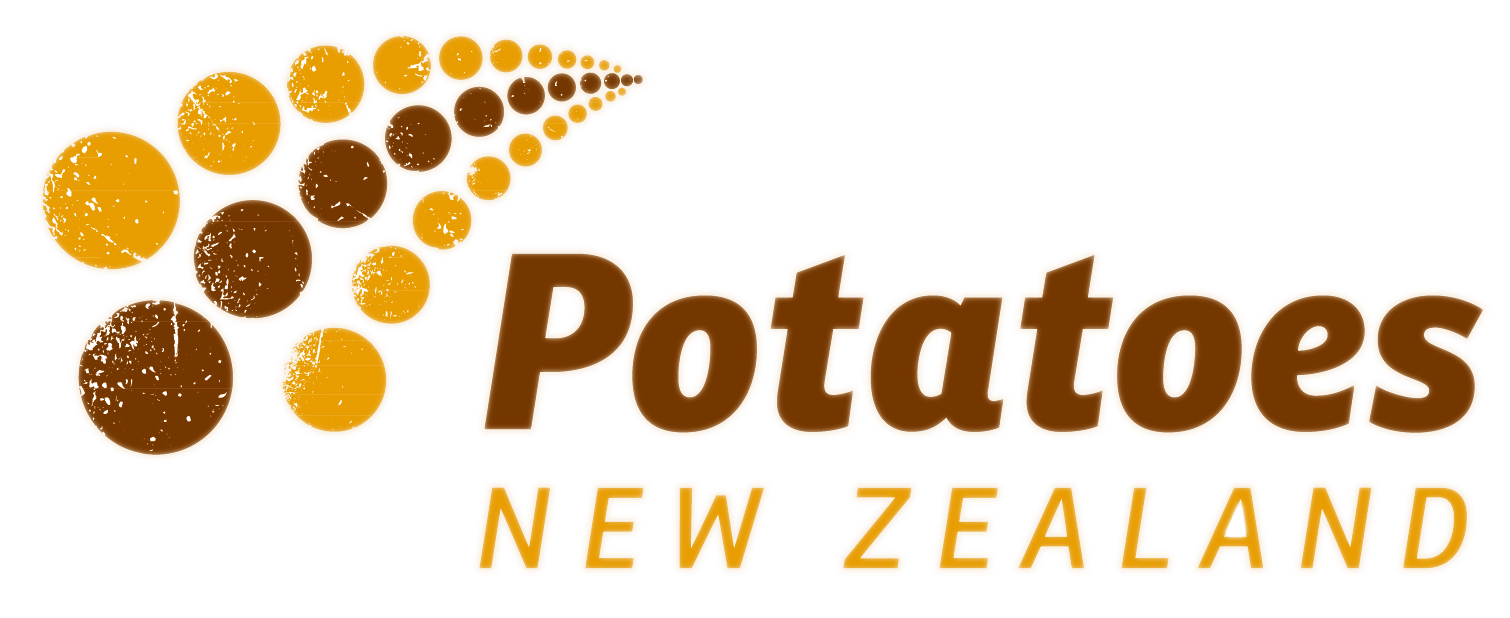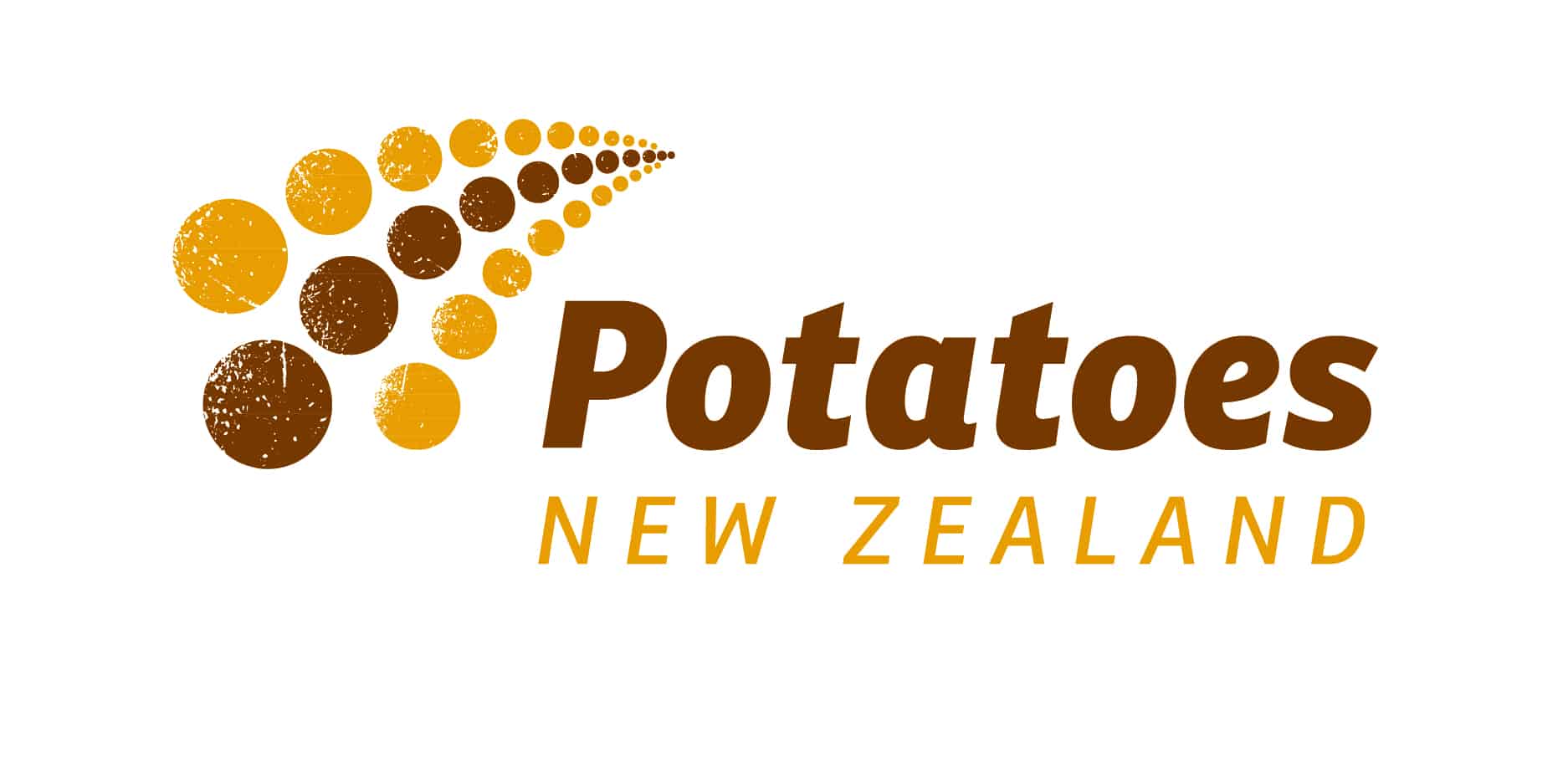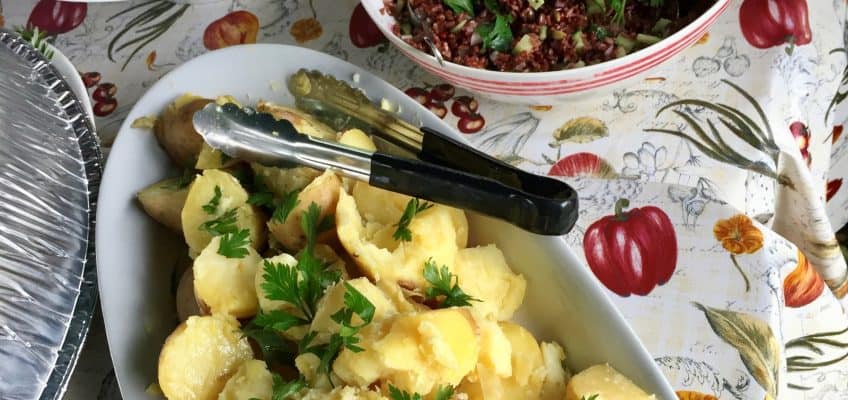How much do we care where our food comes from?
If a recent survey by Consumer NZ and Hort NZ is anything to go by, we care a lot: around 70% of people agreed or strongly agreed buying NZ-grown fruit and veges is important to them. A slightly higher proportion (72%) agreed it’s important for them to know where their fruit and veges come from and that country of origin labelling is important to them. Five out of 7 Kiwis think it should be mandatory for fruit and vegetable retailers to display country of origin information.
In practice right now, it’s not easy for people to find this information. In the fresh produce section, it’s not too bad – you can usually find, if you look, a small notation somewhere on the price sign to tell you whether your lemons are from here or Australia or the USA. Other times it’s not so easy; I was shocked recently to discover when I got my produce home that I’d bought Italian kiwifruit. In frozen or tinned fruit and veges, it takes some hunting to find a country of origin; sometimes all we get is that frustrating phrase: “packed in New Zealand from local and imported ingredients”.
The Consumers’ Right to Know (Country of Origin of Food) Bill was introduced into parliament last year. This bill called for mandatory country of origin labelling on fresh produce as well as other single component foods. It’s been with the Primary Production Select Committee until recently, when the committee’s interim report was released. This report watered down the original bill, recommending country of origin labelling be restricted to fresh or frozen fruit, vegetables, meat and seafood. This would rule out any labelling on things like bacon, a much-cited example, which can often be made here from imported pork. Labelling on this can be quite confusing for consumers, often implying a totally local product, even if it’s made from pork from as far away as China or Scandinavia.
What does this have to do with potatoes? We don’t import any; the potatoes Kiwis eat are local. But maybe this story needs a bit more emphasis. If two thirds of Kiwis say buying local produce is really important to them, then the potato story is all good news. We are a country of potato lovers, as we know – but do we take our spuds for granted?
It’s a good time to remind New Zealanders not to do that, in light of another recent report released by Horticulture New Zealand.
In their report New Zealand’s Food Story: The Pukekohe Hub, Deloitte consultants warned of the widening disconnect between New Zealanders and their food sources. And it warned of increasing pressure being put on agricultural land in Auckland’s food bowl from encroaching urban housing development.
“While urban sprawl in rural towns with close proximity to major cities is not unusual, the impact on the Pukekohe hub is. The loss of productive land to urbanisation in the hub is not just a land-use change issue, but one of food security”.
We need to value and protect our valuable growing land. If we don’t, we can’t guarantee all of our potatoes – or all of our produce in general – will always be local. The warnings are stark:
“With further growth in supply potentially constrained, and demand rising, the country runs the real risk of not being able to provide its own population with adequate and affordable fruit and vegetables, unless New Zealanders understand the value and contribution made by growing areas, such as the Pukekohe hub, and manage them effectively.”
Time to tell (or rather keep telling) that potato story, loud and proud.



